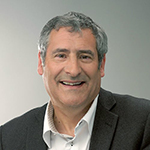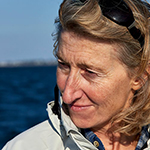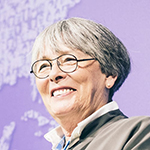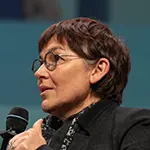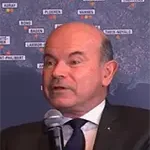It is obvious to oceanographers that there are many, many gaps in our knowledge. This applies in all areas of oceanographic and environmental study, including geosciences, the physical and chemical quality of seawater, hydrodynamics, natural resources and biodiversity.
It also means that the data gathered during sea expeditions could provide completely new information about the deep ocean environments, the use of which, whether for scientific or industrial purposes, must be authorised and strictly regulated. As the founders of ABYSSA, we are deeply attached to the principles of sustainable development. Our objective is to ensure that economic development respects and protects both the natural environment and societal concerns. To assist us in this, we decided to set up an Ethics Committee.
